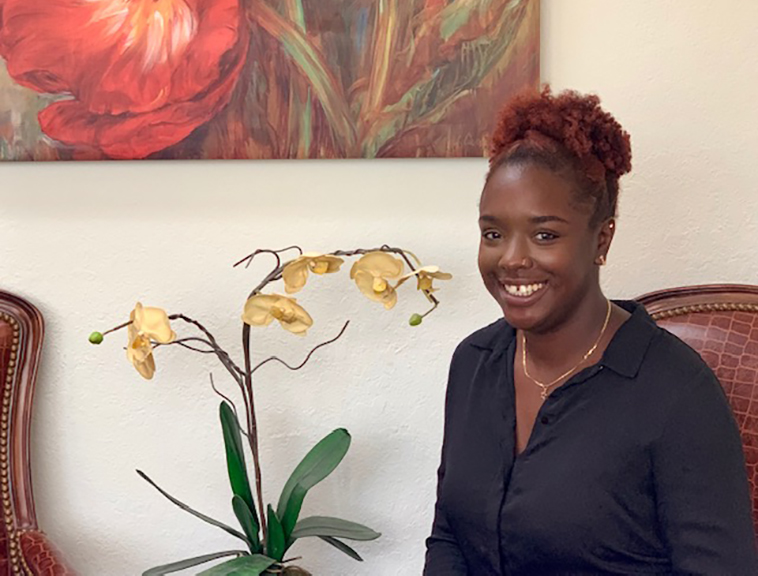Back to listing

- Parenting
BLOG: How do I start talking to my young child about race and racism?

Talking about race and racism is hard. But in today’s world, it’s more important than ever to have these conversations with our children. In a special blog series, Dr. Danniella Jones, a psychologist with the Palm Beach County Youth Services Department, helps parents navigate these difficult topics.
Please keep in mind that while the following blogs outline a few places to start when discussing race and racism with children, the journey to becoming anti-racist and raising anti-racist children is one that requires continuous and active self-reflection, education, vulnerability, and determination.
Question: How do I start talking to my young child about race and racism?
Answer: Even people within the same racial/ethnic groups have differences in skin colors, hair textures, and facial features. Thus, you might introduce the subject of race by simply identifying similar and different features in your family and say, “how cool it is that we aren’t all the same?” You can then connect those conversations with more specific talks about racial differences and similarities. Also, point out other things that make individuals unique, such as hobbies, likes, and dislikes. The key is to help children pair people with their individual characteristics instead of stereotypes about their race/ethnicity.
It would be pretty difficult to help your child(ren) count numbers or learn the alphabet if you did not know how to yourself. In the same way, before having conversations about racism, it is SUPER IMPORTANT that you first educate yourself on things like anti-blackness, indigenous erasure, and systemic/structural racism – and how it continues to negatively impact People of Color today. It is important to pass on accurate and honest information to your child(ren). It is also important to develop strategies to become more aware of your implicit biases and reflect on ways in which you, if you are white, have benefited from your ‘whiteness,’ often referred to as ‘White Privilege’ or ‘White Advantage,’ so that you can provide personal and meaningful examples for your child(ren).
Dr. Danniella Jones is a psychologist with the Palm Beach County Youth Services Department.
Please keep in mind that while the following blogs outline a few places to start when discussing race and racism with children, the journey to becoming anti-racist and raising anti-racist children is one that requires continuous and active self-reflection, education, vulnerability, and determination.
Question: How do I start talking to my young child about race and racism?
Answer: Even people within the same racial/ethnic groups have differences in skin colors, hair textures, and facial features. Thus, you might introduce the subject of race by simply identifying similar and different features in your family and say, “how cool it is that we aren’t all the same?” You can then connect those conversations with more specific talks about racial differences and similarities. Also, point out other things that make individuals unique, such as hobbies, likes, and dislikes. The key is to help children pair people with their individual characteristics instead of stereotypes about their race/ethnicity.
It would be pretty difficult to help your child(ren) count numbers or learn the alphabet if you did not know how to yourself. In the same way, before having conversations about racism, it is SUPER IMPORTANT that you first educate yourself on things like anti-blackness, indigenous erasure, and systemic/structural racism – and how it continues to negatively impact People of Color today. It is important to pass on accurate and honest information to your child(ren). It is also important to develop strategies to become more aware of your implicit biases and reflect on ways in which you, if you are white, have benefited from your ‘whiteness,’ often referred to as ‘White Privilege’ or ‘White Advantage,’ so that you can provide personal and meaningful examples for your child(ren).
More Answers from Dr. Jones
BLOG: Some helpful definitions in understanding race and racism
BLOG: What is implicit bias
BLOG: Why can't I say, 'I don't see color?
BLOG: Should I talk about race and racism with my children?
BLOG: How can I expand my child's worldview?
BLOG: Expert tips for talking with children about race and racism
Dr. Danniella Jones is a psychologist with the Palm Beach County Youth Services Department.
